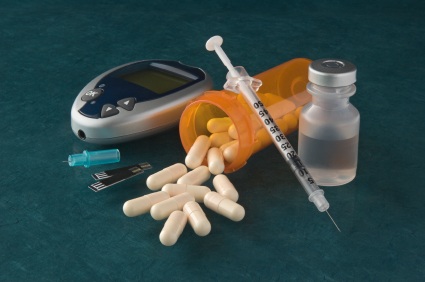Search
Never Event #3: Poorly Controlled Blood Sugar, Hyperglycemia & Hypoglycemia
 Medicare has determined that complications associated with poorly controlled blood sugar should be included on the ‘never list’ as they are so easily avoidable that the costs of the treatment should not be permitted to be submitted to CMS for reimbursement. In 2007, there were 14,929 reported cases of poorly controlled blood sugar amongst diabetics in hospitals.
Medicare has determined that complications associated with poorly controlled blood sugar should be included on the ‘never list’ as they are so easily avoidable that the costs of the treatment should not be permitted to be submitted to CMS for reimbursement. In 2007, there were 14,929 reported cases of poorly controlled blood sugar amongst diabetics in hospitals.
Hyperglycemia
Hyperglycemia develops when there is too much sugar in the blood (glucose > 180mg/dl). Hyperglycemia may be caused by skipping insulin does, infection or illness. Prolonged hyperglycemia can result in infection, slow-healing cuts and sores, vision problems, nerve damage in arms and legs, chronic constipation and death.
Hypoglycemia
Hypoglycemia develops when blood sugar levels fall (glucose < 70mg/dl). Like hyperglycemia, hypoglycemia may develop when insulin is not timely administered or if the dosage is too high. Hypoglycemia may lead to serious medical complications such as coma or death.
Importance of Monitoring Diabetic Patients
Residents of hospitals and nursing homes with diabetes must be monitored on a regular basis. Proper monitoring of diabetics should consist of not only monitoring their blood sugar levels and diet, but the medical staff must also keep track of how the residents look and behave. Special attention should be paid to residents who experience: frequent urination, weight loss, fatigue, unusual aches or vision problems.
If you or a loved one experienced an episode of hyperglycemia or hypoglycemia during a stay at a hospital or nursing home contact an experienced medical malpractice lawyer to learn your rights.
 Nursing Home Law News
Nursing Home Law News

